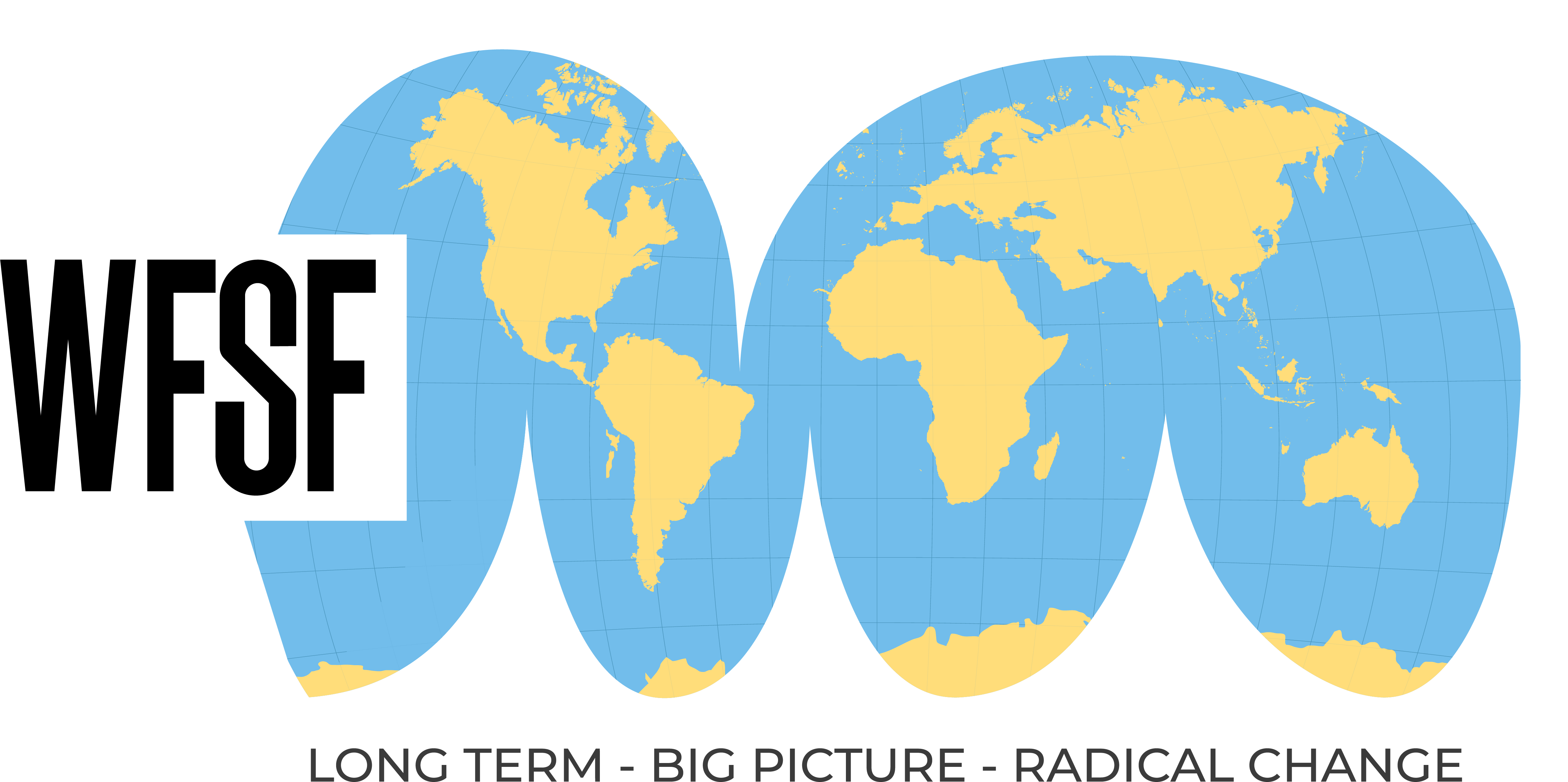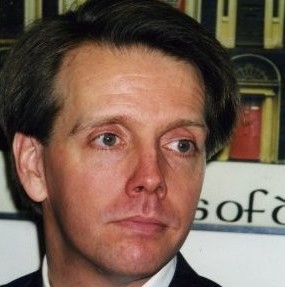24th World Conference

The Future is Yesterday: Literature and Film Historicize Things to Come
The present is ceaselessly defined in terms of the past. Yet Eugene O’Neill and William Faulkner tell us that there is only the past. Can the future escape the past? Today, the most forward-looking business leaders have literary analogues that have informed our impressions of them.
The cult of the visionary industrialist: Steve Jobs, Bill Gates, Elon Musk, et al., is nothing new. Plays and novels by Verne, Shaw, Čapek, Huxley, Jünger, and Garland’s film Ex Machina (2014) resound familiarly. The film presented the future “ten minutes from now”–really the future from a hundred years ago.
Such visionaries want an instant future, to dominate the present and erase the past so they can make the future now, a totalitarian mindset. This now has as much to do with market economics as with 20th century Communism’s putative prolet-paradises.
R.U.R., the early-20th century work that gave “robot” to English, asks the question “What is human?” Yet the 21st century calls out to us from almost exactly one hundred years ago. We have a paradox: consider Franz Kafka’s “Josef K”, the victim/hero accused, arrested, prosecuted, and executed for a crime that is never explained to him in the novel The Trial (completed 1915, published 1925). Is Josef K. the 20th century’s Everyman? If this is so, then what are the qualities of that century? Is dehumanization its summation? If one takes Arthur Koestler’s Darkness at Noon out of the context of the Cold War and considers it as a parable we have another example of the roots of the problem of the humanities. The noted critic George Steiner obsessed for decades over this. The source of the collapse of the humane may be the Enlightenment itself. Our quest for technology and its subsequent development is reducing the quality of life that we think technology enhances.

